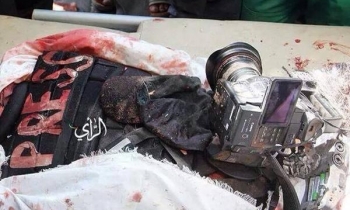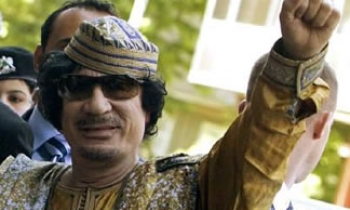ONE of India's leading newspapers launched an unusual advertising drive last month. “Money cannot buy our integrity” read a front-page slogan in Daily News & Analysis (DNA), a Mumbai daily. “Make the headlines tomorrow. By paying for it,” it added, in reference to some other papers' supposed tendency to give favourable coverage to firms that place advertisements. That charge is hard to prove. But an increasingly popular practice is exposing Indian newspapers to growing conflicts of interest: accepting payments for ads in the form of shares in the advertiser's firm.
The Times Group, the country's biggest media firm, started the practice in 2004. According to its website, it now has 120 “private treaties” of this nature, which “make the power of The Times Group available to our Treaty Partners”. The firm's executives insist that neither its own shareholdings nor its advertisers influence its coverage. But articles in its publications do not always reveal its own interest. Sevanti Ninan, a media activist, reckons the practice will “grow and grow in a media which anyway has little notion of conflicts of interest”. Indeed, HT Media Ltd, the publisher of the Hindustan Times, recently started offering private treaties, as did one of the owners of DNA, the Dainik Bhaskar group, even though DNA itself does not offer ads-for-equity deals.
India's newspaper industry, bucking a worldwide trend, is flourishing. New titles hit the newsstands practically every month. More than 350m literate Indians do not yet subscribe to a newspaper, which, coupled with rising literacy, promises a long-term boom. A recent report by PricewaterhouseCoopers estimated that India's print industry would grow from 149 billion rupees ($3.6 billion) in 2007 to 281 billion rupees in 2012.
But papers are absurdly cheap thanks to incessant price wars. The Times of India, for example, costs just 2.50 rupees. That leaves it and others heavily dependent upon advertisers. No wonder, then, that DNA's campaign is attracting so much attention.









